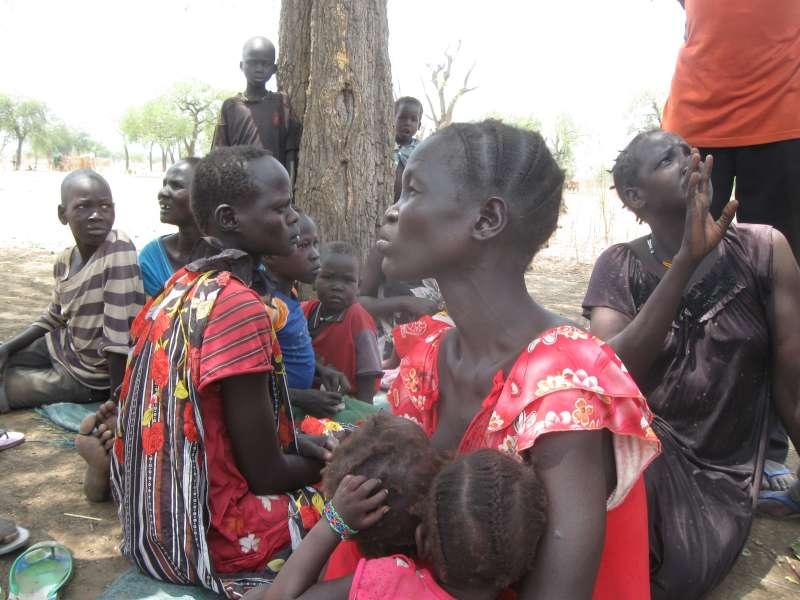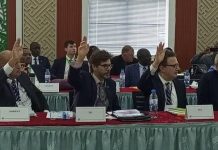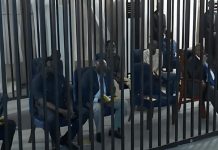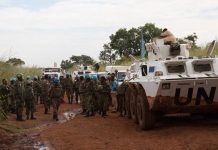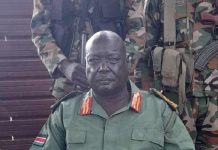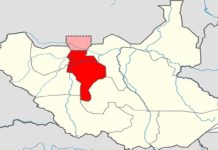Africa-Press – South-Sudan. As the world celebrates International Women’s Day with the theme ‘Choose to Challenge’, South Sudan women chose to challenge the issues facing women in leadership especially in the implementation of the Revitalized Agreement on Conflict Resolution in South Sudan (R-ARCSS).
These women focused on the clause on a clause that demands 35 percent representation of women across all government institutions.
The minister for gender, child, and social welfare Aya Benjamin Warille said that the parties to the 2018 peace deal have been reluctant in honoring the 35 percent woman quota, calling it a women rights violation.
“You know; we are parties to this agreement. People come through parties. Allotments are made through parties. All parties to this agreement have not met their obligations for reasons not known to us. But as a ministry, it is our work to ask, ‘What went wrong my people?’ And as we engage parties, we get answers that are not genuine,” Mrs. Aya said in an interview with a local radio station.
Betty Sunday, the Executive Director of the Women Action for and with Society blamed the fact that peace agreement signatories were all men and that is why it is hard for women to get the leadership positions.
“The heads of the peace deal, those who signed the agreement are all men, that is why it was difficult for women to be fully represented in the government. Despite these challenges we only got 26% in the national government,” she adds.
SPLM- IO Director for Information and Public Relations, Puok Both Baluong says as a party they not only increased women representation to 40 percent but also fulfilled that commitment.
“We have shown our commitment in the national ministries to nominate three ministers and the same applies to state levels. Not only that, one of the recommendations at our national conference that was held in Juba last year, we increased the percentage from 35 percent to 40 percent. This is a result of our conviction about the importance of women in our political process and the role they played in our communities across South Sudan,” he said.
Charles Okullo, the chairperson of the civil society network in Eastern Equatoria state said that women are also to blame as the few in the leadership position are quiet.
“The few women that are now holding positions in the government have been quiet. They do not have relationships with the grass-root women. They don’t talk anymore. They are in the government, they are earning, they are looking after their families and they don’t pick some women along with them. They don’t know that politics is in numbers. If you are alone in that high position it will not help. You need to keep in touch with all women and keep your unity,” he advised.

